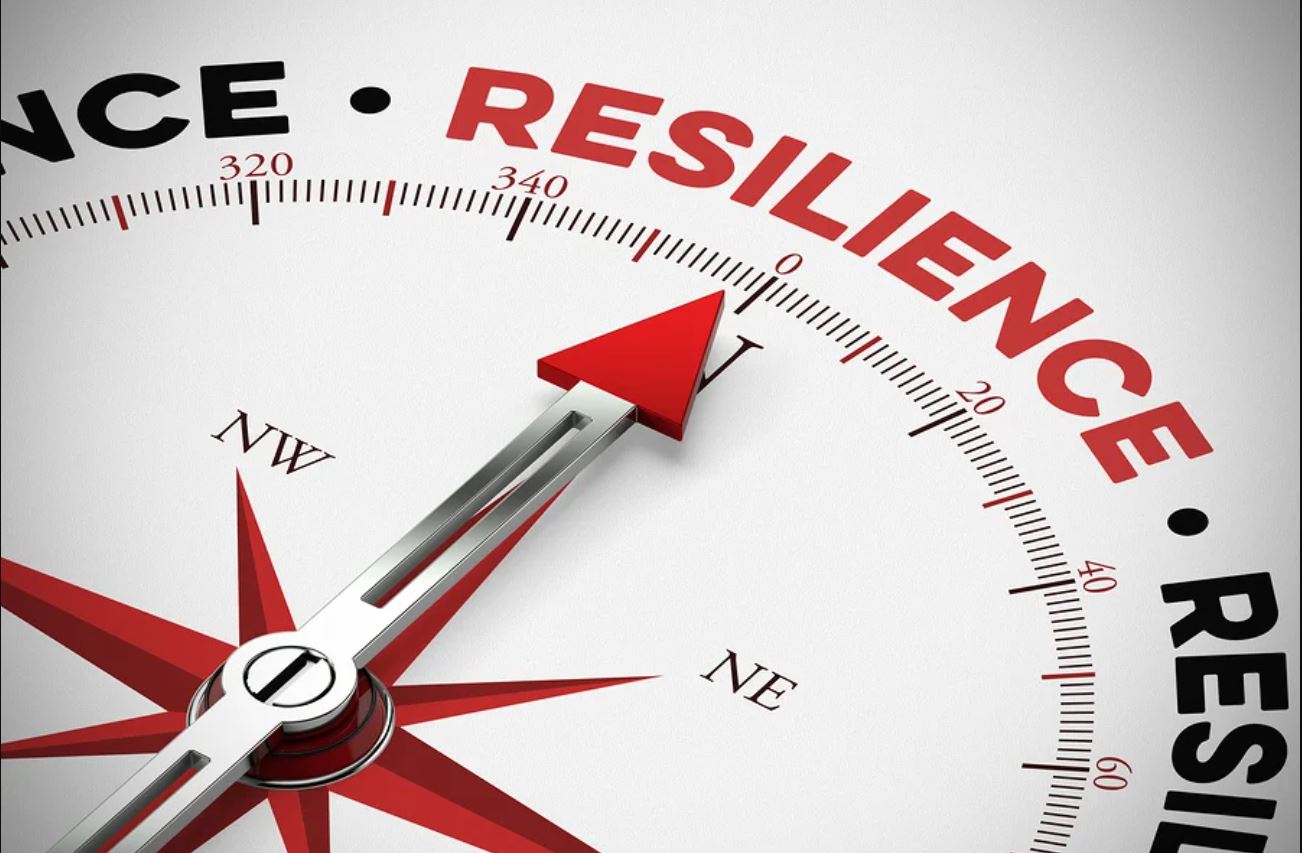How Inner Resilience Helps You Choose Your Response

When life throws you a curveball, are you able to lean into it—or does it end up hitting you straight in the face? Rather than feeling discouraged by a challenge or disruption, accepting the unexpected, even the unwelcome, can help you remain steady through difficult situations.
All of us face pressures and worries in our daily lives. Some of them are things that we can do something about, like not flying off the handle when we get cut off in traffic, or communicating our needs clearly with loved ones. Other things are not so easy to solve, like a family member being seriously ill, or climate change, or violence in our communities. But when we’re constantly stressed by everything that sparks a bit of frustration, it becomes difficult to tell the difference. We’ve all had the kind of day when a broken plate or a shirt that shrank in the dryer feels like the last straw.
Don’t get us wrong: Simply being resilient isn’t the answer to the huge systemic problems we face. With mindful resilience, though, we have greater agency and the ability to respond with wisdom, instead of reacting in a harmful way or even ignoring the issue.
Here are three ways to meet your daily challenges with resilience:
1) First, embrace the overwhelm. Instead of pushing away big emotions like fear, anger, or exhaustion, give yourself space to recognize that those feelings have surfaced—and see if you can take a moment to explore what they’re telling you. “You have to challenge yourself to do things that are unfamiliar and uncomfortable. For me, this approach helps me wake up, calm down, and extend myself,” writes Carolyn Gimian. Explore her 3 steps to begin transforming your fears.
2) Then, be your own superhero. “When is a time that you realized that you gave away your power?” asks Carley Hauck. What we tell ourselves about ourselves deeply impacts our well-being. By finding strength in ourselves, as we are (not as we wish we would be) we have the capacity to better stand up for what we feel and need. This daily practice can empower you to tap into your inner strength.
3) Finally, keep a toolbox handy. When you practice the habits of resilience, like mindful writing, self-compassion, or forgiveness, you’ll find yourself better prepared for the days when things really go sideways. “Learning healthy ways to move through adversity can help us cope better and recover more quickly, or at least start heading in that direction,” says Kira Newman. Consider these five science-backed strategies for building resilience.
Excerpt from Mindful